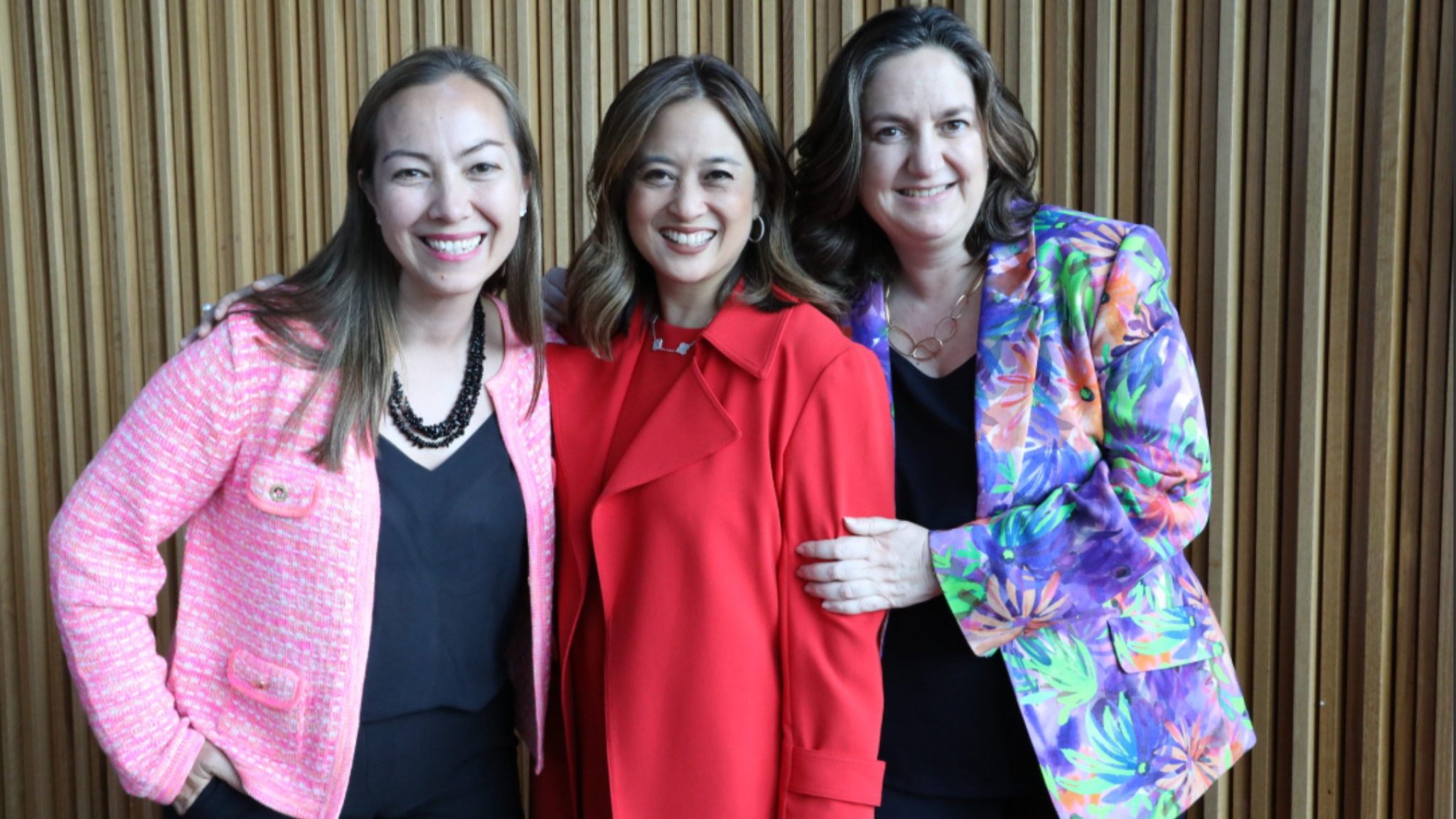According to our research “Stepping Up and Standing Out,” women are inspired by other…
The Problem: The Broken Rung

Women are doing everything they can to prepare themselves for successful careers, especially when it comes to their educations. Women earn degrees at higher rates than men, and on average graduate with better grades.
However, despite getting 59% of U.S. college degrees today, women represent only 48% of those entering the corporate workforce. And at the pivotal moment when the first promotions to manager happen, odds of advancement are lower for women: for every 100 men promoted, only 81 women are promoted. This number is even lower for black and Latina women: for every 100 men promoted to manager, 54 Black women and 65 Latina women are promoted.
The gender gap caused by this initial “broken rung” compounds across the talent pipeline, resulting in fewer women in leadership roles at every level of the corporate ladder.
The Remedy: Experience Capital
If women are entering the workforce with more education than men, what is driving this difference in career progression? This is the fundamental question that led to the publication of The Broken Rung, a new book authored by McKinsey Senior Partners Kweilin Ellingrud, Lareina Yee, and Maria del Mar Martinez.
Their research points to the importance of building “experience capital,” or the knowledge, skills, attributes, and experiences that are built on the job. Experience capital contributes to ~50% on average of lifetime earnings, and men are building it more rapidly than women. A combination of individual choices and systemic factors contribute to this experience capital gap, and The Broken Rung seeks to share the facts so that women can make decisions that grow their experience capital better across their career.
How to build experience capital
Gaining the Experiences That Matter
To overcome the broken rung, women need to gain the experiences that matter. These experiences include choosing a company that invests in their learning and mobility, making big, bold career moves that accelerate their development of experience capital, building experience in “the power alley” of profit and loss and leadership roles, and placing themselves in growing occupations.
Interested in making a big, bold move – one that requires skills that are at least 25% different than those needed in your current role? Start by activating your network, signaling and growing your relevant skills, and refining the career narrative you will tell.
Building the Most Valuable Skills
The skills workers will need in the coming decades are rapidly changing with automation and generative AI, which are projected to disproportionately impact women. In the face of workplace trends, we believe there are four skills that will likely provide the most value as you progress through your career: investing in your network, engaging with technology, building soft skills, and practicing entrepreneurship.
Take networks, for example: Women tend to be over-mentored and under-sponsored, with networks that are 14-38% weaker than men’s networks in terms of size, openness (people across industries), and diversity. Building a more effective network is crucial to opening opportunities for sponsorship and advancement that build your experience capital.
Preparing for the Inevitable
Even with the most well-plotted career roadmap, there are obstacles women are more likely to face than men: workplace bias, motherhood, and health challenges. For example, while women live longer than men on average, they also spend ~25% more years than men in debilitating health. Investing early in strong physical, mental, and financial practices better prepares women for this challenge.
Conclusion
Addressing the broken rung is essential for achieving gender parity in the workplace. While organizations can support diversity broadly, women can individually use the above strategies to build their experience capital more quickly and progress their careers. Ultimately, fixing the broken rung will create a more diverse, inclusive, and higher-performing workforce – benefiting both women and the organizations they work for.
Editor’s Note: Current and graduating students may find “The problem: The Broken Rung” particularly interesting, as it provides research-based advice for building “experience capital” that will get your career off to a strong start and allow you to thrive.






